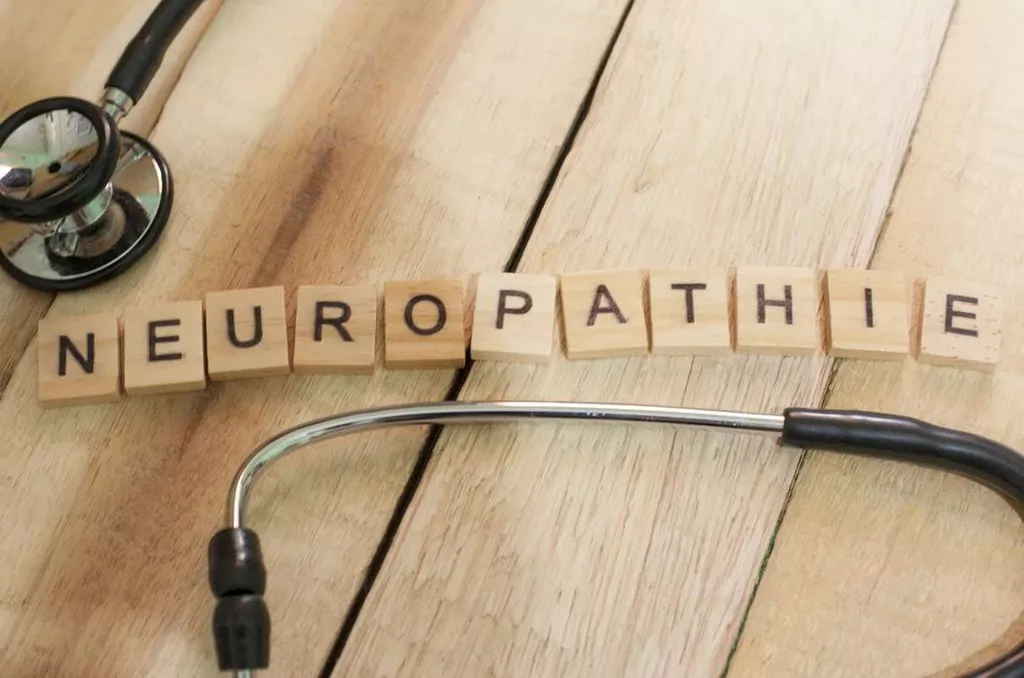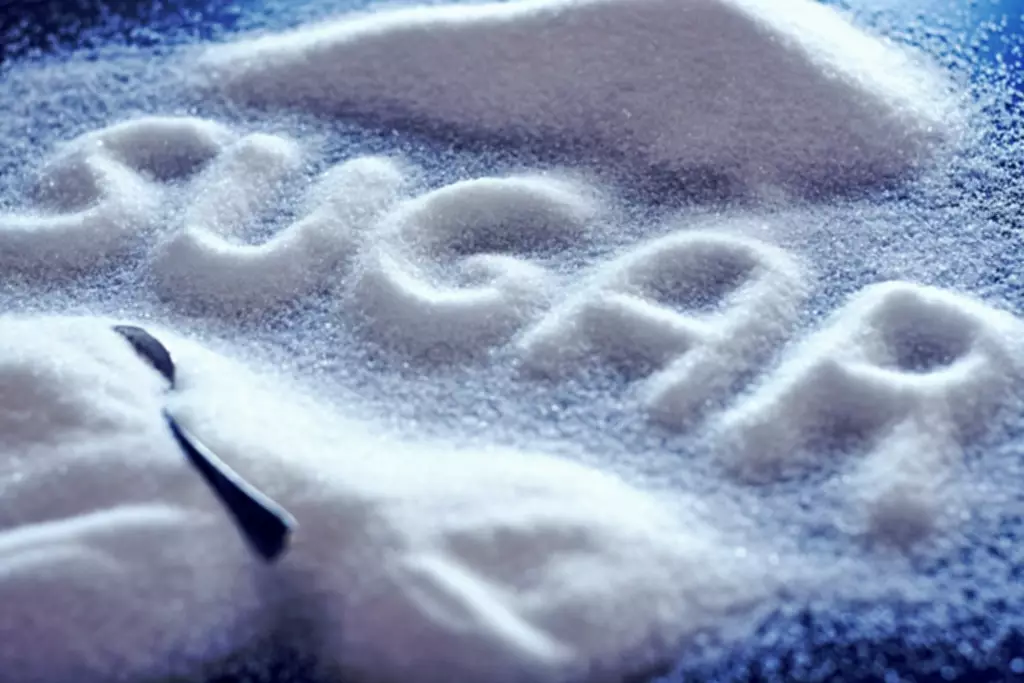
These chemicals cause inflammation in the mucous membranes of your nose and sinuses, leading to congestion and a stuffy feeling. This is why you often experience congested breathing after consuming alcohol. Additionally, when you consume alcoholic beverages, your blood vessels widen and cause more blood to flow to the nasal tissues, leading to additional swelling. Alcoholic drinks can trigger a variety of allergic and allergy-like reactions, such as rhinitis, itching, swelling, headaches, cough, and asthma. Importantly, alcohol does not solely exacerbate seasonal or perennial rhinitis but can induce rhinitis symptoms in individuals predisposed to any type of this condition. Nonallergic rhinitis can also occur following the consumption of certain food triggers, particularly hot or spicy items.
Why do i sneeze after drinking alcohol?
- Problems occur if alcohol cannot be broken down properly as acetaldehyde can build up and cause adverse effects.
- If you’re allergic to alcohol, you may experience hives, itching, swelling, difficulty breathing, and wheezing.
- If you are experiencing any of these symptoms after consuming wine, it could be because you are allergic to one or more components found in the beverage.
- However, if you experience severe or persistent symptoms, it is advisable to seek medical advice.
- If someone believes they have an alcohol allergy or intolerance, they should stop drinking alcoholic drinks and visit their healthcare provider for testing and advice.
- We may never know for sure but that doesn’t mean we can’t enjoy a glass of vino every now and then.
Secondly, alcoholic beverages, particularly wine, beer, and spirits, contain histamine, a compound known to elicit allergic responses. When alcohol is consumed, it enters the bloodstream and affects blood vessels, causing them to dilate. This dilation can irritate the nasal lining and lead to increased mucus production, contributing to nasal congestion and sneezing as the body attempts to eliminate irritants. Some people may be more sensitive to the tannins than others, making them more likely to experience this reaction after drinking a glass of red wine.

Which Alcohol Has The Most Histamines?
Beer and wine have high levels of histamine, and alcohol dilates the blood vessels in your nose. As a result, people with asthma are also more likely to experience nasal congestion after drinking alcohol. And if you have any sort of allergies, frequent alcohol consumption can worsen your symptoms.
Can certain foods or drinks worsen alcohol-induced congestion?

Of all alcoholic beverages, red wines usually have the highest histamine content. Alcohol usually contains sulfite compounds, and it is important to be aware of your sensitivity. If you have ever felt nauseous or had a headache after drinking wine, there is a chance that you are sensitive to sulfites. It is essential to talk with your doctor if you think you may be sulfite sensitive.
What to know about alcohol allergies
- If you find that warm drinks make you sneeze, try chilling them before you drink them.
- As such, The TTTB has proposed a change to the labeling requirements which will require winemakers to list any ingredients that may contain histamines on the label.
- We have plenty of reasons on alcohol intolerances, allergies and what to do next.
- Alcohol intolerance occurs when your body doesn’t have the proper enzymes to break down (metabolize) the toxins in alcohol.
However, studies have found that a large percentage of red and white wines exceed these recommendations. Most wines don’t state their histamine content on the label, which can make it difficult to know what you’re choosing. Alcohol intolerance is caused by a genetic condition in which the body can’t break down alcohol efficiently. Wines, spirits on the rocks, and low-carb beer are often considered some of the least harmful alcoholic beverages. The impact of alcohol on your body and mind is largely why do i sneeze after drinking alcohol determined by your drink choice and consumption amount.

Rinsing your nose with salt water or a saline solution will help to soothe the mucous membranes in your nose heroin addiction and reduce inflammation. Alcohol intolerance occurs when your body doesn’t have the proper enzymes to break down (metabolize) the toxins in alcohol. The CDC defines moderate drinking as up to two standard drinks per day for adults. Some people will get anxiety and agitation when they drink due to the drug-like activity of alcohol. Symptoms may occur within seconds or minutes of alcohol exposure and could trigger after exposure to even tiny amounts of the allergen.
- Reading labels carefully or choosing simpler drinks made from fewer ingredients could help mitigate these effects.
- Alcoholic drinks have a natural vasodilatory effect which expands blood vessels.
- It helps to remove harmful bacteria, unwanted tannins and other impurities from the liquid before it can be consumed.
- As with why do i sneeze when i drink alcohols, this issue comes down to a depletion of enzymes — in this case, enzymes that are required to metabolize alcohol in the liver.
- The condition is caused by inheriting a gene that affects how alcohol is broken down by the body.

Your nose may run or feel congested, and some people also sneeze after drinking. They can help you determine if it is indeed the cause of your unpleasant reactions and recommend an appropriate treatment plan. To reduce the risk of having a reaction, look for labels on alcoholic beverages that indicate lower levels of sulfites or those labeled as “sulfite-free”.
- In some people, these reactions look like allergy symptoms even though they don’t have a true allergy to alcohol.
- Researchers believe that this could be due to the sulfites used in producing white wine, as well as the histamines found in white grapes.
- The third type of headache caused by alcohol is a “Delayed Alcohol-Induced Headache” (“DAIH”).
- If you find out that you’re allergic to one ingredient, you might still be able to enjoy beer.
- Alcohol flush reaction refers to facial flushing and other uncomfortable symptoms experienced by individuals who have difficulty metabolizing alcohol.
These are just a few examples of how changes in your health can turn alcohol into an unexpected problem. If you think a new health issue might be to blame, it’s crucial to get a proper diagnosis from a healthcare professional. If sneezing impacts your quality of life, talk to your doctor about ways to reduce or eliminate the problem. Read beverage labels to see whether they contain ingredients or additives you know cause a reaction, such as sulfites or certain grains. Also, if your symptoms seem to be linked to an allergy or a medication you’re taking, see your doctor. The ASCIA website is intended for use by ASCIA members, health professionals and the general public.
Sulfites in beer
It is essential to recognize when one has an alcohol intolerance, as this can be a serious health concern. Symptoms of an alcohol intolerance include nausea and vomiting, diarrhea, headaches, hives, facial flushing, chest tightness or difficulty breathing. If someone experiences these symptoms after consuming even small amounts of alcohol it is important to seek medical attention immediately. If you have milder symptoms, you may have a food sensitivity or intolerance rather than a true allergy. This can still be uncomfortable but is not an immune system response and is less serious. While alcohol can help you fall asleep faster, it has a negative effect on sleep quality and duration.